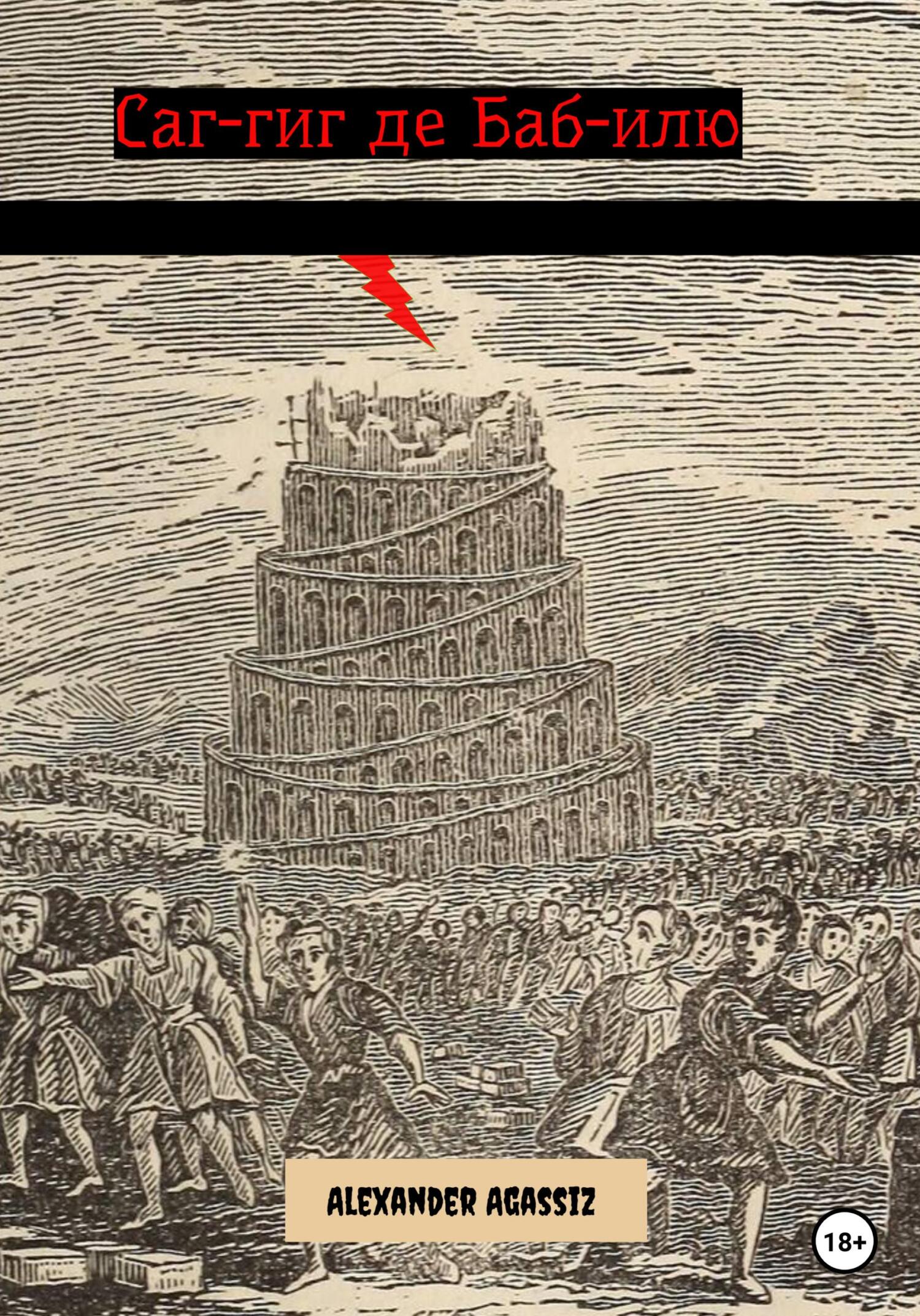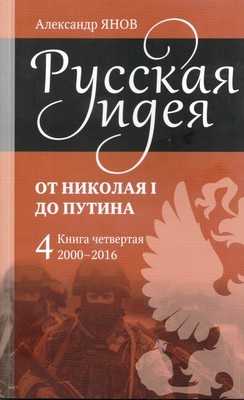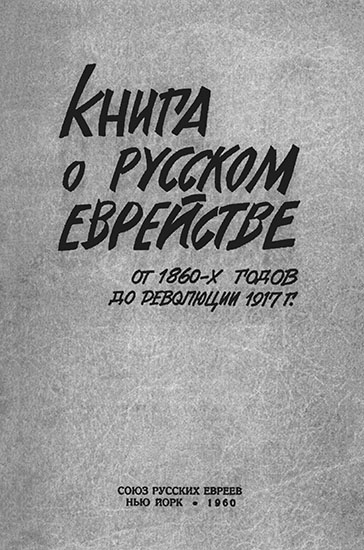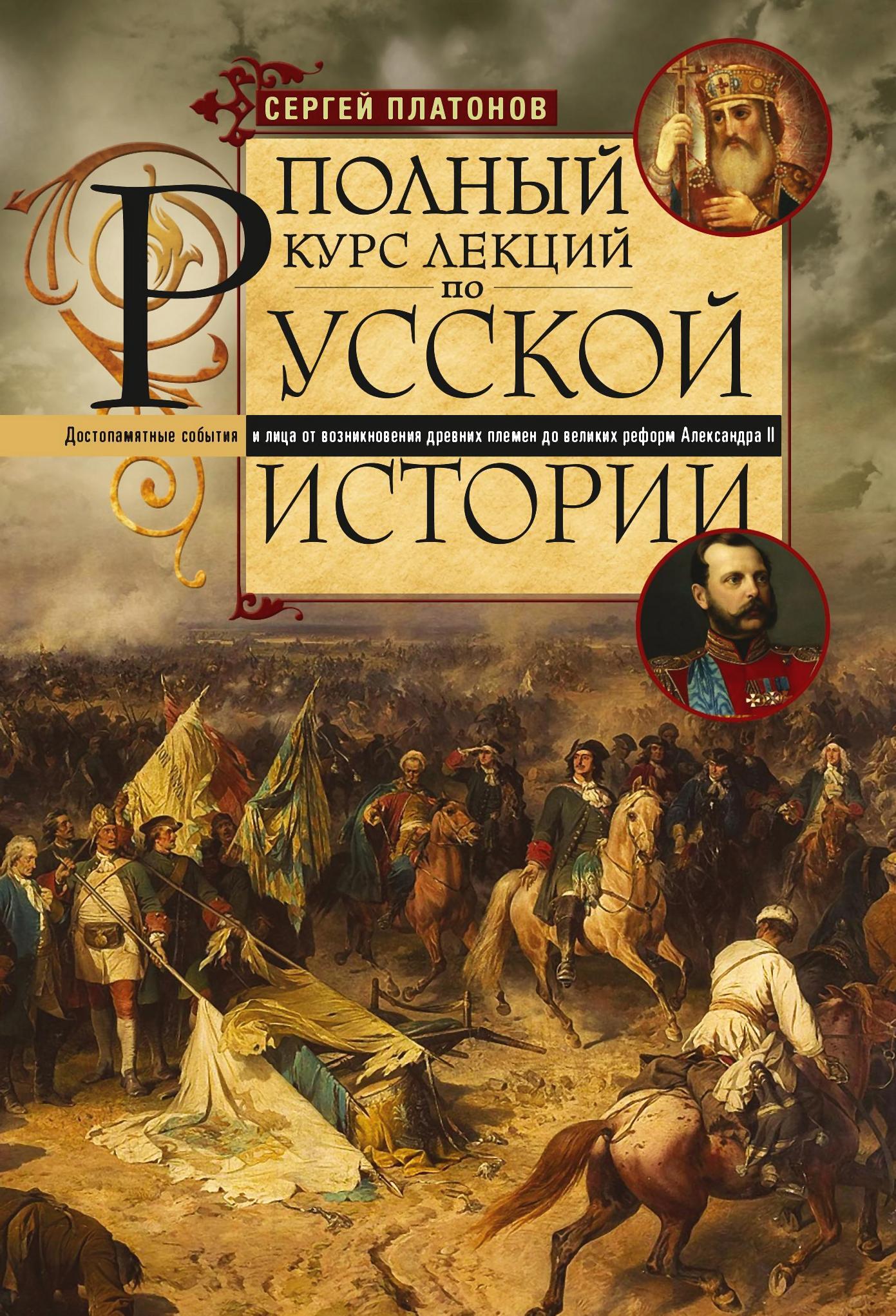Книга Молодой Александр - Алекс Роусон
На нашем литературном портале можно бесплатно читать книгу Молодой Александр - Алекс Роусон полная версия. Жанр: Приключение / Разная литература. Онлайн библиотека дает возможность прочитать весь текст произведения на мобильном телефоне или десктопе даже без регистрации и СМС подтверждения на нашем сайте онлайн книг knizki.com.
Шрифт:
-
+
Интервал:
-
+
Закладка:
Сделать
Перейти на страницу:
Перейти на страницу:
Внимание!
Сайт сохраняет куки вашего браузера. Вы сможете в любой момент сделать закладку и продолжить прочтение книги «Молодой Александр - Алекс Роусон», после закрытия браузера.
Комментарии и отзывы (0) к книге "Молодой Александр - Алекс Роусон"
























